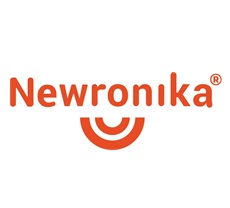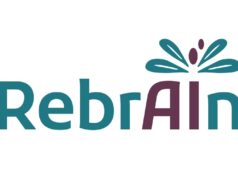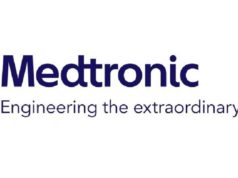 Newronika has successfully closed its €13.6 million Series B funding round led by a new investor, Fondazione ENEA Tech e Biomedical, with additional participation from multiple existing investors. This news follows another recent announcement from the company of US Food and Drug Administration (FDA) investigational device exemption (IDE) clearance to initiate a pivotal clinical trial evaluating the safety and efficacy of its adaptive deep brain stimulation (DBS) system for patients with movement disorders, including Parkinson’s disease.
Newronika has successfully closed its €13.6 million Series B funding round led by a new investor, Fondazione ENEA Tech e Biomedical, with additional participation from multiple existing investors. This news follows another recent announcement from the company of US Food and Drug Administration (FDA) investigational device exemption (IDE) clearance to initiate a pivotal clinical trial evaluating the safety and efficacy of its adaptive deep brain stimulation (DBS) system for patients with movement disorders, including Parkinson’s disease.
The financing round is set to enable Newronika to expand the clinical validation and commercialisation of its proprietary adaptive DBS system—an innovative platform designed to deliver precision therapy for improving symptom relief and reducing side-effects in Parkinson’s disease patients. The funds will also facilitate the advancement of product pipelines, recruiting top-tier talent, and establishing strategic collaborations that further strengthen the company’s position at the intersection of medical device engineering and neuroscience, a press release states.
Existing investors contributing to this €13.6 million in funding include Indaco Venture Partners SGR, Innogest SGR, Wille Finance, TNBT Capital and F3F.
Newronika states that its continued momentum—as evidenced by a recent grant from the Michael J Fox Foundation, in addition to the financing round and IDE approval—underscores the company’s central mission to “champion a paradigm shift in neuromodulation”. A press release from the company goes on to note that adaptive DBS represents “the future of personalised brain stimulation”.
“This successful Series B financing round further solidifies Newronika’s strategic vision and commitment to pushing the boundaries of DBS technology to benefit patients,” said Claudio Giuliano, chairman of Newronika.
Earlier this month, the company also announced the US FDA IDE approval of its pivotal trial, describing this as a “critical step” in bringing its innovative neuromodulation solution to patients in the USA and, ultimately, facilitating “global adoption of next-generation, data-driven DBS technologies”.
“The IDE approval for Newronika’s adaptive DBS system represents an exciting advancement in the field of neuromodulation,” said Jens Volkmann (Würzburg University Hospital, Würzburg, Germany), principal investigator of the study. “This pivotal trial will allow us to rigorously evaluate the benefits of real-time, patient-specific deep brain stimulation and its potential to surpass conventional DBS in symptom management. By leveraging adaptive neurotechnology, we aim to provide more precise, personalised and effective treatments for Parkinson’s patients, ultimately improving their quality of life.”
By using real-time feedback from patients’ brain signals, Newronika’s adaptive DBS solution ensures that therapy is continuously optimised—a patient-tailored approach that the company claims has the potential to greatly improve outcomes and reduce side-effects compared with traditional DBS systems.
“Receiving an IDE from the FDA is a landmark achievement for Newronika,” commented Lorenzo Rossi, the company’s co-founder and chief executive officer (CEO). “It affirms the potential of our adaptive DBS system to fill an unmet need in the US market, bringing personalised, real-time brain stimulation to patients who need it most. Our ultimate goal is to change the paradigm for managing neurological conditions worldwide, and this IDE moves us one step closer.”
The pivotal trial—involving leading US and international clinical centres—will compare the performance of adaptive DBS against conventional DBS in patients with advanced Parkinson’s disease. The results will be vital in securing regulatory approval for Newronika’s AlphaDBS technology in the USA, with the company also targeting commercial adoption in Europe and beyond moving forward.










